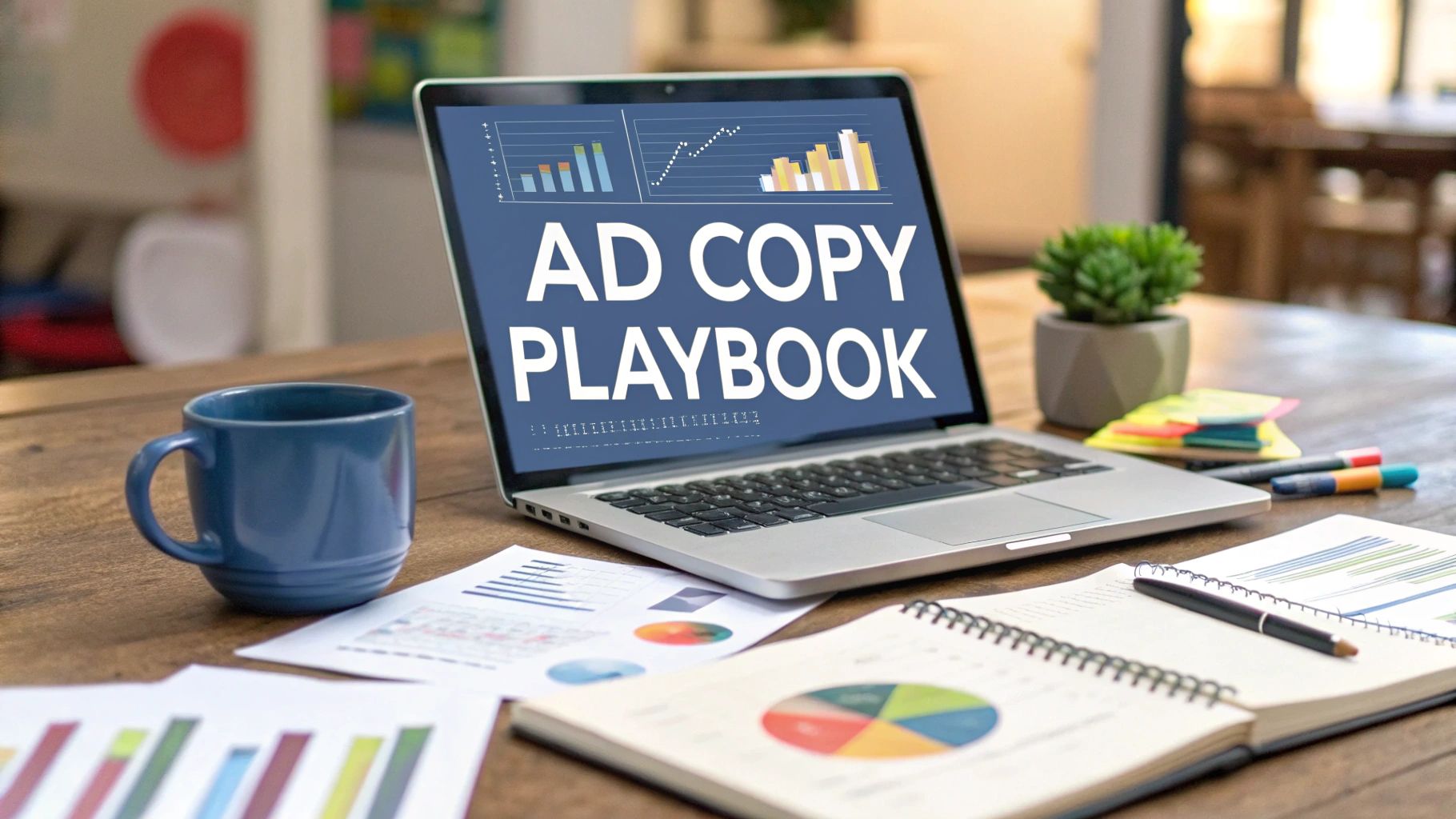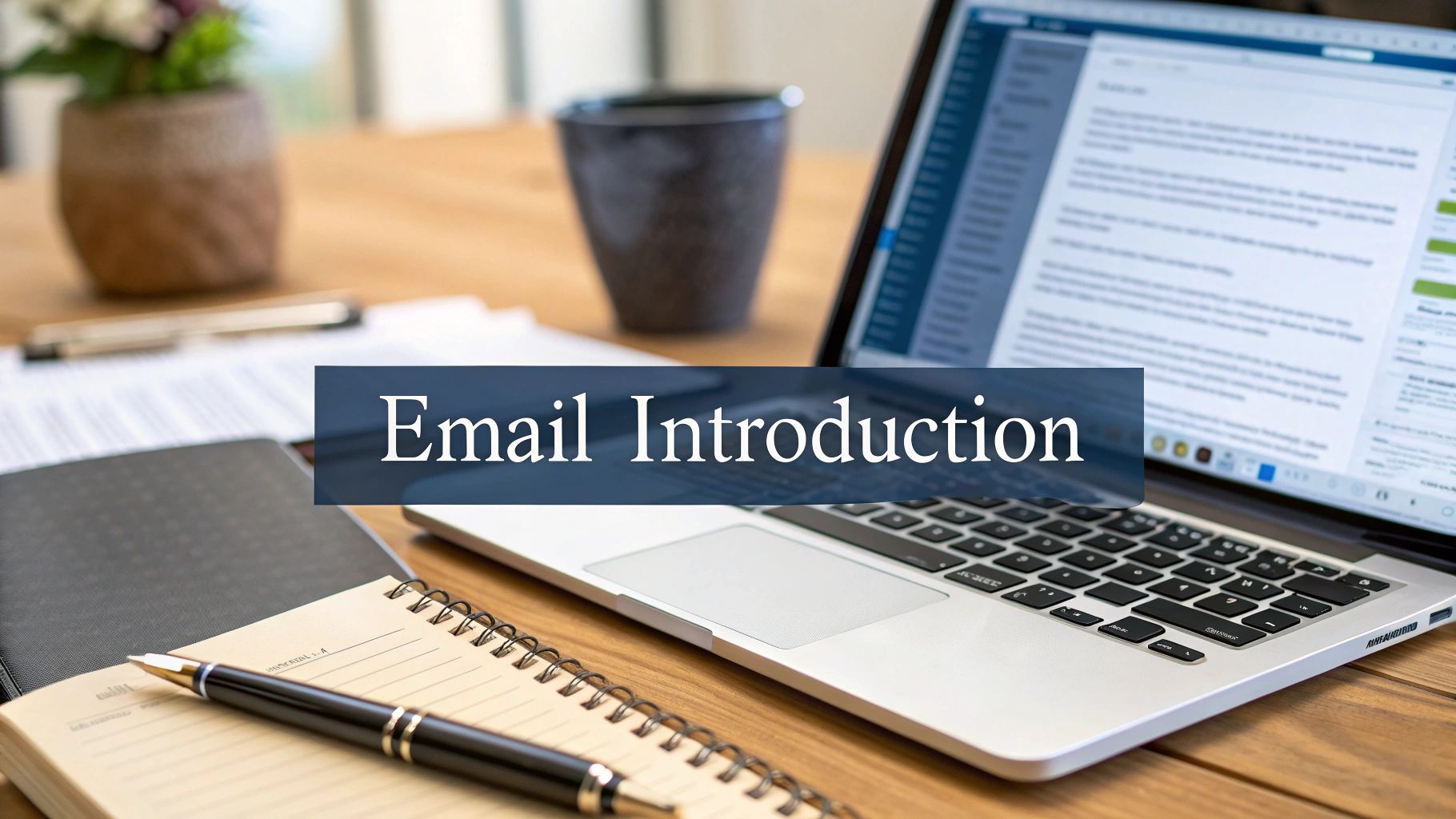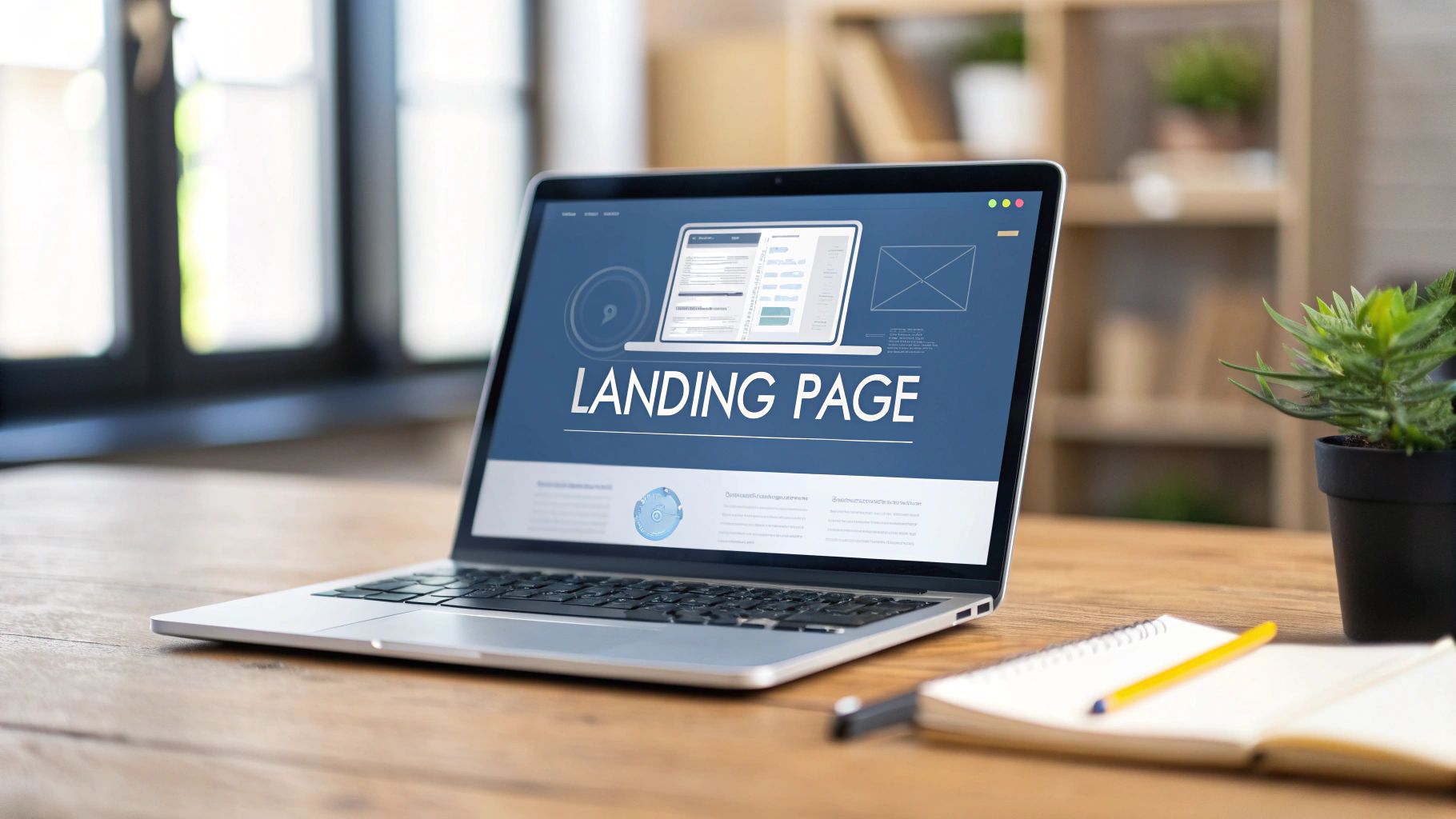Turning LinkedIn Comments into Clients: The 2025 Automation Playbook for Small Lead-Gen Agencies
Automate LinkedIn comment replies into personalized DMs that convert — safely, at scale, and with a human touch.

Who this is for and what this tactic means
If you manage LinkedIn content and outreach for clients, comment spikes on a good post can be both a win and a workload crisis. The opportunity is simple: every comment is a hand raise. The bottleneck is speed. Manually DMing each commenter before the moment passes is hard to scale.
One-sentence definition: “LinkedIn comment-to-DM automation” is a workflow that detects people who comment on your post, often with a trigger word, then sends each of them a personalized direct message from your profile that delivers what they asked for and opens a 1:1 conversation.
Why this works in 2025
- Commenters are warm. They engaged publicly and expect a follow-up, so your DM is not cold.
- DMs convert better than links in many cases. Personalized replies to commenters consistently outperform sending people to a landing page, according to community case studies and agency reports.
- Algorithm tailwind. Posts that drive comments tend to get more reach. Asking people to comment to receive a resource compounds visibility and inbound interest.
- Speed matters. Teams that automate follow-up avoid the “we could not keep up” problem and capture the surge while intent is high.
- Always-on delivery. Commenters receive what they requested even when you or your client are offline.
Note: LinkedIn does not natively offer a comment-to-message feature. You will use third-party tools or a DIY stack outlined below.
The step-by-step setup
1) Publish a post with a clear comment trigger
Use a concrete promise plus a keyword. Example: “I am sharing our LinkedIn outreach playbook. Comment PLAYBOOK and I will DM it to you.” Be specific about what they will get to attract qualified engagement.
2) Capture the commenters
- Scraper route: Use PhantomBuster to extract commenters’ names, profile URLs, and comment text on a schedule while the post is active. Output to Google Sheets for processing.
- Low-tech fallback: Manually collect commenters into a sheet if volume is small and you are validating the play.
3) Filter and hand off to automation
- Filter for the trigger word if you opened comments broadly.
- Push the filtered list to your messaging workflow. Low-code tools like Zapier or Make can watch a Google Sheet and trigger the send to your LinkedIn tool.
- Prefer open source? Mirror the same logic in n8n with Google Sheets Trigger → HTTP Request to your messaging tool → Delay → Logging.
4) Send the DMs safely
- DIY stack: Feed a list of profile URLs into a LinkedIn messaging tool. Options include Linked Helper or cloud platforms like Expandi, Dripify, and Meet Alfred. Use personalization fields and short, human copy.
- Dedicated “comment → DM” tools: Platforms like LeadShark detect comments automatically and can both reply in-thread and DM the commenter using your preset template. Many also handle connect-first flows for non-connections.
- Message basics: Reference their comment, deliver what you promised, and invite a reply. Keep it short and friendly.
5) Track, route, and nurture
- Tag every contact as LinkedIn Comment DM and sync to your CRM or spreadsheet.
- Set alerts so a human jumps in fast when someone replies. A simple Slack ping or inbox check cadence works.
- Send a light, human follow-up after a few days if there is no response. Keep it helpful, not pushy.
Minimum viable recipe examples (click to expand)
Zapier route: Google Sheets New Row → Filter for trigger → Delay For Each → Webhooks by Zapier to your messaging tool API → Append to Google Sheets log.
n8n route: Google Sheets Trigger → IF (trigger word) → Set (merge personalization) → HTTP Request (send DM) → Wait → Google Sheets Append (log).
Tools and setup options
Option A: DIY stack
- Scraper: PhantomBuster
- Orchestration: Zapier or Make or n8n
- Messaging: Linked Helper, Expandi, Dripify, Meet Alfred
- Store & sync: Google Sheets
Option B: “ManyChat for LinkedIn” style
Because LinkedIn does not support native comment automations, specialized tools emulate Instagram’s “comment keyword → DM” experience.
- LeadShark detects trigger comments, auto-replies in-thread, and auto-DMs with your preset template.
If you are familiar with Instagram automations via ManyChat, LeadShark is the closest functional equivalent for LinkedIn right now.
Option C: Semi-manual fallback
For low volume or validation, collect commenters in a sheet and use text expanders and canned responses to message them manually before investing in automation.
Quick chooser
| Scenario | Best fit | Why |
|---|---|---|
| Pilot, fewer than 40 DMs per day | Semi-manual or DIY | Validate copy and flow before tooling up. |
| Agency, multiple client profiles | Expandi, Dripify, Meet Alfred | Safety controls, sequences, multi-account dashboards. |
| Creator-led lead magnet posts | LeadShark | Purpose-built for comment detection and instant DM follow-through. |
Best practices and safety
- Understand the rules. The LinkedIn User Agreement prohibits unauthorized automation. Many marketers still automate carefully. Treat automation like augmented human behavior, not bulk blasting.
- Pace your DMs. LinkedIn does not publish a daily cap for messaging first-degree connections. Community consensus favors moderation. Start around 20 to 40 DMs per day per account, randomized across the day, and increase slowly if engagement remains healthy.
- Personalize the first touch. Use first name and reference the post or their comment. Keep it short and deliver value first.
- No hard sell in message one. Invite a reply. Save calendar links for later once they engage.
- One account per tool instance or IP. Avoid running many client accounts from the same local browser and IP. Prefer cloud tools or separated environments.
- Test before you scale. Dry-run with a teammate’s comment to validate tokens, links, and timing.
- Respect platform signals. If you see unusual activity warnings or CAPTCHAs, pause and cool down.
- Company Pages caveat. Pages generally cannot DM commenters organically. Run this play from a real person’s profile and use the Page for public replies if needed.
Agency-specific guidance
Manage multiple client profiles safely
Use platforms with multi-account dashboards and per-account activity controls. Keep each client’s account isolated at the browser, session, and IP level if you use desktop tools. Dripify and Expandi both offer agency-friendly controls.
Keep each client’s voice authentic
Build templates per client. Decide on emoji, tone, and level of formality. Reference the specific post so the DM feels like a natural continuation of their public voice.
Define roles and SLAs
Agree on who writes the post, who monitors the scraper or tool, and who replies to inbound DMs. Set response-time expectations so hot conversations do not go cold.
Prove ROI clearly
Report post comments, DMs sent, response rates, meetings booked, and downstream outcomes. When you can, compare to a link-out control to show the lift from DMs.
Expand use cases
- Lead magnet delivery
- Event RSVP follow-ups
- Polls and tailored responses by option
- Light qualification flows before a call
Contingency planning
If a client account gets a warning, pause automation and help with verification. Keep volumes moderate and maintain normal manual activity alongside automation.
Copy-paste message templates
First DM after a trigger comment
Hi {{first_name}}, thanks for chiming in on the post about {{topic}}.
Here is the {{asset_type}} I mentioned: {{short_link}}
Happy to answer questions or share a quick summary. What are you trying to solve right now with LinkedIn?Connect-then-message flow for non-connections
Hi {{first_name}}, saw your comment on {{post_context}}. I can send the resource if helpful.
DM after acceptance:
Thanks for accepting, {{first_name}}. Here is the {{asset_type}}: {{short_link}}
If you like, I can highlight the 2 sections most relevant to {{their_role}}.
Soft follow-up after no response
Quick bump, {{first_name}}. Did the {{asset_type}} help?
If you want the condensed checklist version, I can send that too.
Case in action
A small agency running LinkedIn for a B2B client posted an industry resource with a “comment to receive” trigger.
Over 150 comments followed, too many to DM manually in time. After implementing a comment-to-DM flow, every commenter received a timely, personalized message from the client’s profile.
The campaign generated dozens of one-to-one conversations and more than 50 booked meetings, with higher event show-up once the DM sequence handled delivery quickly.
The difference was speed and coverage.
Automation ensured no interested commenter slipped through the cracks, and humans took over quickly when replies came in.
FAQs
What is LinkedIn comment-to-DM automation in simple terms?
It is the practice of automatically sending a LinkedIn direct message to someone after they comment on your post, typically with a trigger word. The automation detects the comment and sends a personalized DM from your profile so you do not have to do it manually.
How do I auto-message everyone who comments?
Publish a post with a clear “comment to receive” instruction, scrape or detect commenters, then use a LinkedIn messaging tool to send a personalized DM to each commenter. A common DIY stack is PhantomBuster → Google Sheets → Zapier → a LinkedIn messaging tool. A dedicated tool like LeadShark can do detection and DM sending in one place.
Is it allowed?
The LinkedIn User Agreement prohibits unauthorized automation. Many users still implement careful, human-like automations. Keep volumes modest, personalize your copy, and choose tools with strong safety controls.
What are safe daily limits?
LinkedIn does not publish hard caps for messages to first-degree connections. Community best practice is to start around 20 to 40 per day per account, randomized and spread across the day, and increase gradually if engagement remains healthy.
Which tools can automate DMs to commenters?
- Dedicated comment-to-DM: LeadShark
- DIY combo: PhantomBuster + Google Sheets + Zapier + LinkedIn messaging tool
- General platforms: Expandi, Dripify, Meet Alfred
- Semi-manual: copy-paste templates for small volumes
Is there a ManyChat for LinkedIn?
LinkedIn does not support ManyChat natively. Tools like LeadShark emulate the “comment keyword → DM” experience for LinkedIn.
Can Company Pages use this?
Pages generally cannot initiate organic DMs to commenters. Run this play from a real person’s profile. Use the Page for public replies if needed.
How do I make automated DMs feel human?
Use first name, reference the post or their comment, deliver value first, keep it short, and vary your greeting. Avoid long pitches on first contact.
What about commenters who are not first-degree connections?
Use a connect-then-message flow. Send a short connection note that references the post. Once accepted, deliver the DM with the promised asset.
How can a small agency manage this across multiple client accounts?
Use multi-account dashboards with safety controls, isolate accounts by device or IP if you are using desktop tools, customize templates per client voice, and set reply SLAs. Track outcomes by campaign so you can report responses, meetings, and wins.
Bottom line
Turning LinkedIn comments into DMs is a high-leverage way for small agencies to convert public engagement into private conversations at scale.
With a simple workflow, careful pacing, and genuine personalization, you can turn every worthwhile comment into a timely human interaction that leads to more meetings and clients.





